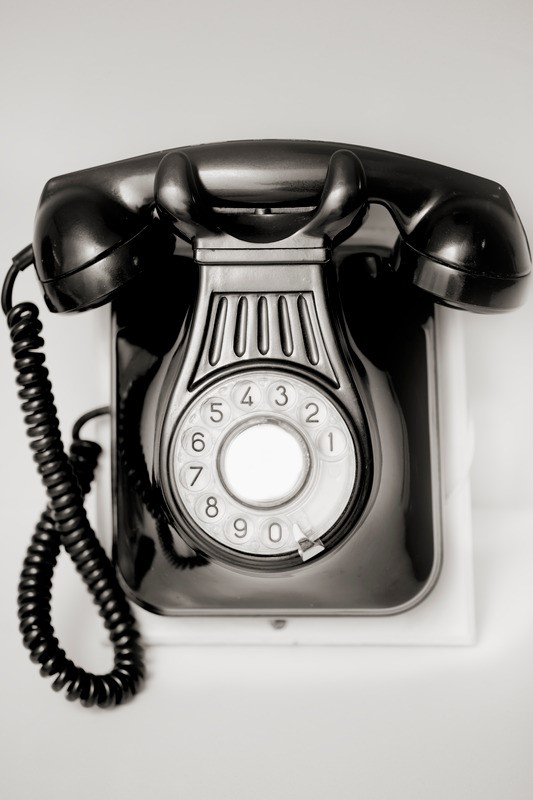
Getting older can be a bit annoying. If you have osteoarthritis, you can lose your grip; if you have declining eye sight, you can’t see things as clearly; and your balance may have started to falter. So here are some easy things that might help you:
- Get a small rubber mat or a plastic gripper tool to help you open jars and things. Often turning it is still hard but if you push a little to the right with the gripper and to the left with your other hand, it can become really easy.
- Use a lazy susan in a cupboard so you can get to all your bottles and jars when it becomes harder to reach for things.
- If you use shower gel in the shower but handling the bottle is tricky, get a pump action top. Or if you still like soap, put it in a thin sock, which will make it much easier to grip.
- Shower caddies that hang over the taps or levers might save you from slipping if that stops you reaching for stuff. Even better, if balance is an issue do make sure you have grip handles installed and also a shower seat.
- If you can’t always see remote control buttons then you can put a dot of nail varnish on the ones you want to use. In fact, nail varnish is great for marking keys too, so if you are always fumbling between two that look similar, use nail varnish on one of the keys.
- Another thing that works for the remote control is to get someone to put masking tape over all the buttons you don’t use, and you can then see the ones you need much more easily.
- Get rid of all your rugs – they are the worst trip hazard ever!
- If you have an Alexa you can set medication and other reminders. If you don’t, you can use your smartphone. I’ve done these for years!
We hope you’ve found these useful, and if you need a hand with setting up any of the above, let us know, we can help.
















